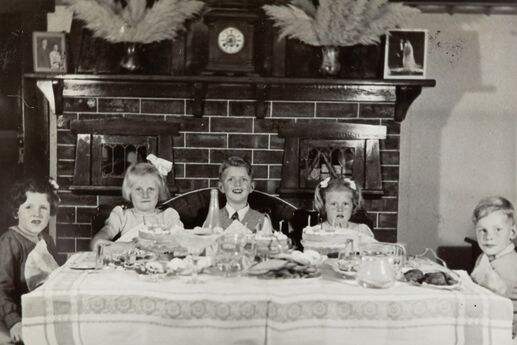Toddler Play Tip for Multiple Kids: Musical Chairs
Locations: Outdoor and indoor
Promotes: Social skills
Whether you find yourself hosting a toddler playdate or just surrounded by a group of kids at a birthday party, you’re probably wondering how to entertain them. First, it’s helpful to know where your child stands in terms of social skills. Between 18 and 36 months, your tot may start to learn what it means to play and interact with others. You might find that she simply plays alongside other children instead of with them, which is entirely normal. However, that doesn’t mean you shouldn’t introduce activities for toddlers that involve more than one child. This variation on musical chairs will get everyone moving and laughing.
How to play
Place multiple pillows on the floor, making sure you have more pillows than the number of kids playing the game. Put some music on and play DJ by stopping and starting the tunes on a regular basis. Instruct the tots to sit on a pillow every time the music stops.
Tips and advice
Encourage creative toddler development by asking the toddlers to perform different moves while they follow your lead. Show them how you would dance like a chicken or walk like an elephant. They’ll have a blast mimicking your animal gestures and may even come up with some of their own. This game is more about having fun than following the rules, so don’t worry if some of the toddlers continue to boogie even when the music pauses.
Learning and growing
Creativity and self-expression are important components of your toddler’s development, and creative toddler activities like dancing will help encourage your child’s flourishing imagination.
What you’ll need
Multiple pillows and a source of music, such as a CD player or an MP3 player hooked up to speakers.
Entertaining a group of young children is less stressful and more enjoyable when you include music and dance, imagination and creativity. They won’t be the only ones having a ball -- you will too!







